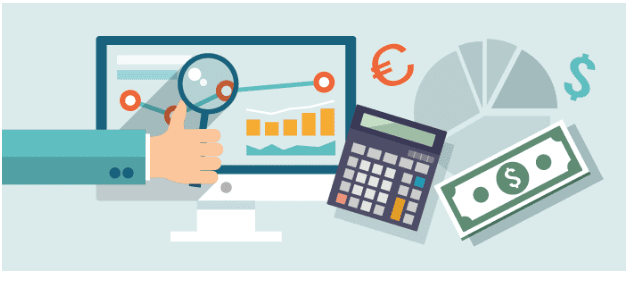Finances and financial projects are the bread and butter of your business. When it comes to financial management, it is important for you to be making the best decisions possible. Understanding this data and knowing how to conduct financial analysis is the key to not only meeting your financial obligations, but successfully undertaking financial projects if you work within an industry that involves these.
Finance Is the Language of Business
Financial analysis includes many different things. Whether you are looking at historical financial data to measure the financial health of your or another business or are simply looking at finances as an indicator of short and long-term performance, knowing what to be looking out for will help you do a much better job of managing and learning from your data and financial projects.
4 Tips for Effective Financial Statement Analysis
Even if you don’t operate in the financial services industry and have your own accountant, possessing the skills and knowledge to effectively analyze financial statements and financial projects is always going to be beneficial as a business owner.
1. Know what your company’s strategies and goals are
What’s your product and/or service? What industry are you operating in? What are your short and long-term goals? Who is your target market? All these and more are highly relevant and important and help immensely not only with marketing, but financial analysis too.
When you can comfortably answer these questions, you will know exactly what your costings are, and this will help you better interpret financial data.
2. Look at profitability and risk
Profitability, liquidity, asset management, and risk are all indicators that need to be effectively analyzed. It is not only important to learn how to critically analyze this information, but be comfortably able to compare it to data from previous months, quarters, and years so that, over time, you can paint a clearer picture as to your company’s performance.
Don’t just compare in-house though—look at other actors within your industry.
3. Look at your cash flow statement
Your cash flow statement is by far one of the most important documents for your business. The cash flow statement shows your month-to-month finances—cash inflows and outflows—that starts with your revenue and deducts expenses—fixed and variable costs—and displays a positive or negative balance.
Cash flow projections are critically important for any business, however, they are far more relevant to smaller start-ups who are yet to experience growth. By getting to know your cash flow statement, you can avoid cash shortages and potential insolvency by seeing problems before they arise and taking evasive action.
4. Have forecasted financial statements prepared
Any good accountant will do this for you so if yours doesn’t, you should be having a talk with them!
Whilst they can be challenging to come up with, forecasted financial statements make assumptions about the future of your company’s finances relative to your industry by making (reasonable) assumptions and predictions.
These assumptions coupled with contextual and current industry information and signals can produce highly accurate forecasts that let you see how your cash flow and profitability, amongst other things, looks going forward.
Tools to Help You Make Sense of Financial Analysis
This is by no means an exhaustive guide; financial analysis is a very broad and specialist concept. Although you may not need to pay attention to your finances in theory—e.g. if you have an accountant who does it for you—it is always a good idea to be in the know and aware of how your company is performing. As you can now see, one way this is done is through the proper analysis of key financial information, signals, and reports such as the cash flow forecast.
There are plenty of tools, websites, and resources out there that you can use to improve your financial know-how and we recommend looking at some of these.
No matter what you do, though, always listen to your accountant—they are the experienced professionals who know what they are talking about—and if you don’t have one, get one as soon as possible.











